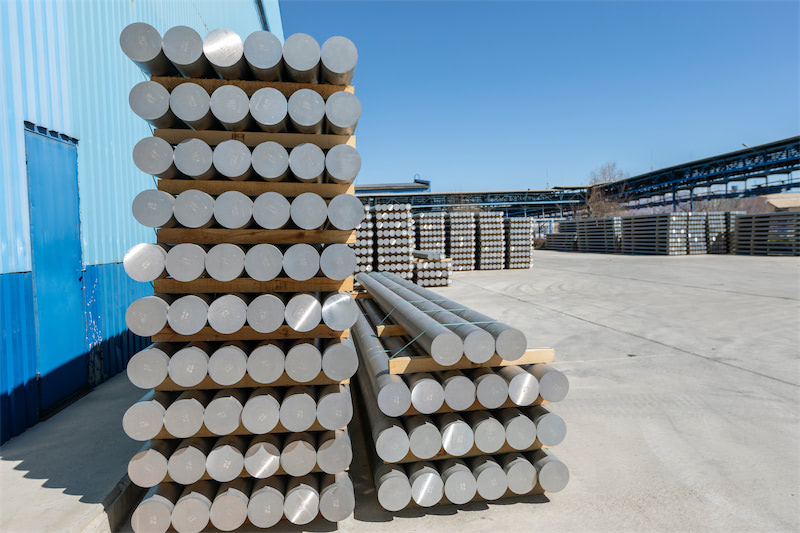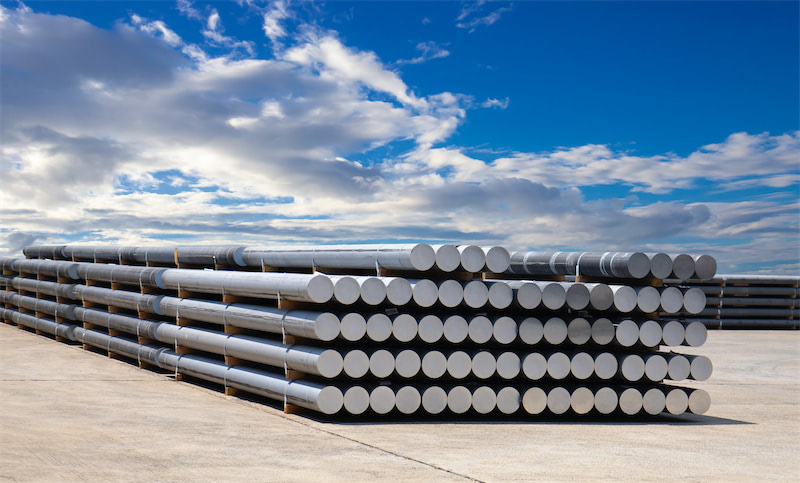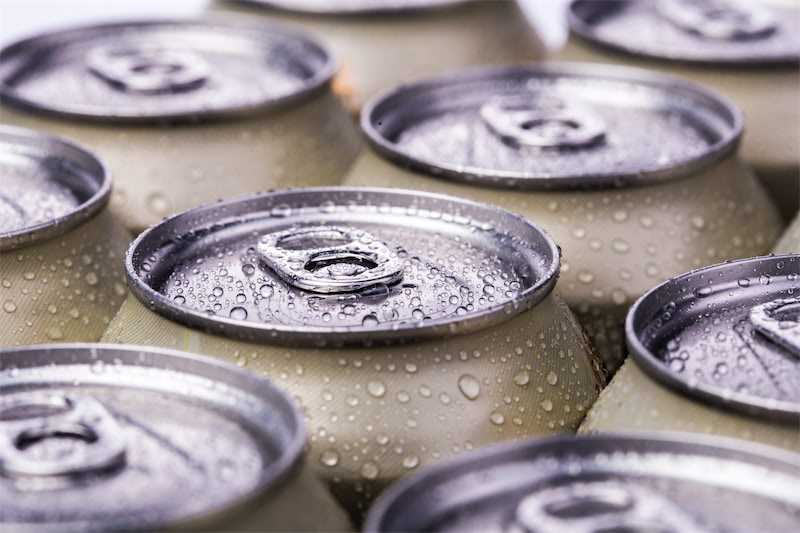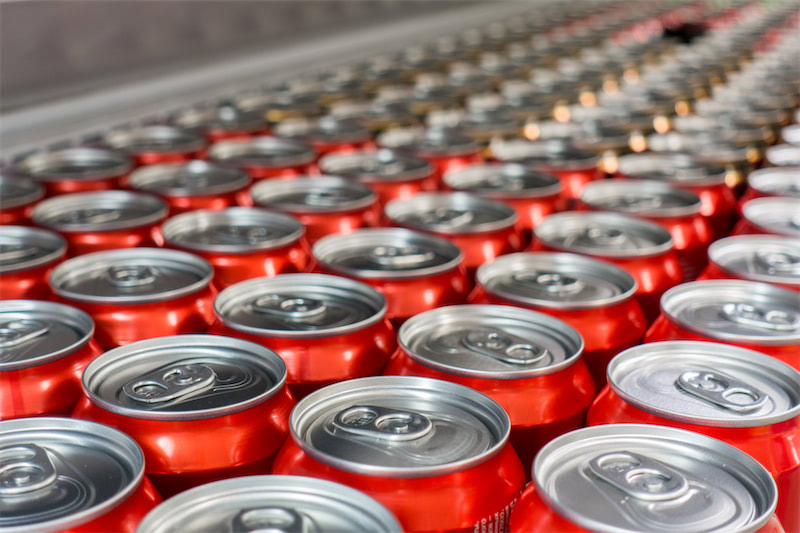by Jeff Yoders on MARCH 16, 2017
Speaking at S&P Global Platts’ recent Steel Markets North America conference, noted trade attorney Alan Price of the Washington law firm Wiley Rein said the World Trade Organization case that the federal government filed on behalf of aluminum producers against Chinese overproduction of the light metal in January, will essentially serve as a guide for other industries looking to challenge state-subsidized companies’ overproduction for export in the People’s Republic.
“The solutions to Chinese overcapacity are to follow the money and see who’s subsidizing it,” said Price, who has represented several U.S. industries in anti-dumping and countervailing duty legal actions against Chinese producers, as well as WTO disputes. “China has not fundamentally reformed its excess capacity. The rest of the world’s production has remained stable, but the explosion in Chinese capacity is still there.”
Alan Price, image courtesy of Wiley Rein
Price said the aluminum case fundamentally attacks the mechanism China uses to back up failing businesses, the availability of subsidized money in China known as “money for metal” on the municipal, state and federal level there.
“The WTO case involving aluminum, challenges, fundamentally, the Chinese subsidization system,” Price said. “It goes after the financial systems of China and how everything is financed. In aluminum you can track all the companies involved. There are around 10 and it’s a much more understandable beast, much more understandable problem than the vastness of the Chinese steel industry. This case will fundamentally decide if China will be allowed to prop up failing businesses.”
Price went on to say that nothing will happen via international discussions that have taken place about both steel and aluminum about overcapacity, unless there’s a leverage point to bring China to the table and reform its economy and economic system.
“The ‘standard toolbox’ of WTO actions, including anti-dumping and countervailing duties, will not do anything to fundamentally change the way the Chinese economy works,” he said. “Section 201 and section 301 actions are the tools that are going to need to be used to rebalance the arrangement. You need the tools to get that big picture negotiation going and, if this administration backs up its rhetoric, it could be really powerful.”
How the January WTO action differs from existing remedies is that it shows and challenges the entire supply chain in China and how many subsidies there are in it. It puts the system of primary aluminum subsidization on display and shows how it is subsidized at every step in the supply chain.
“There is a primary price pretty much everywhere around the world and if you’re producing a consumer product you can file a suit and ask for redress of the dumping or countervailing subsidy of a product via existing WTO procedures,” he said. “This case involves the primary production of aluminum and its entire supply chain.”



